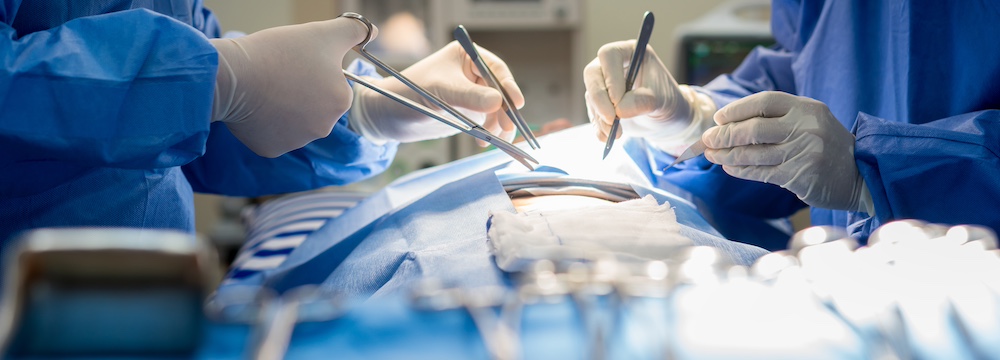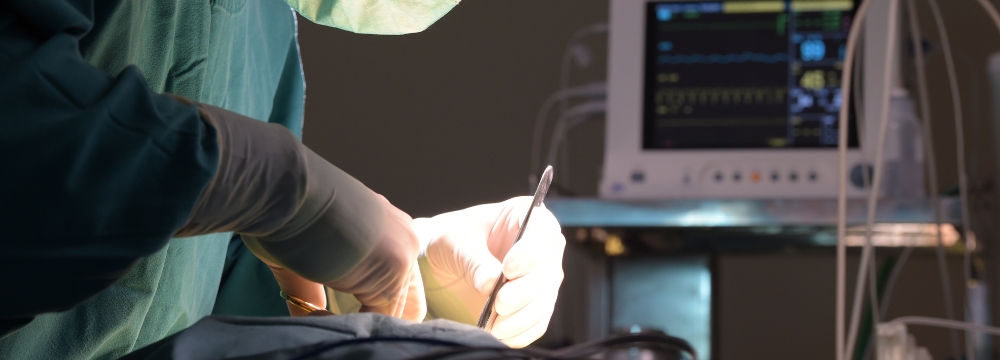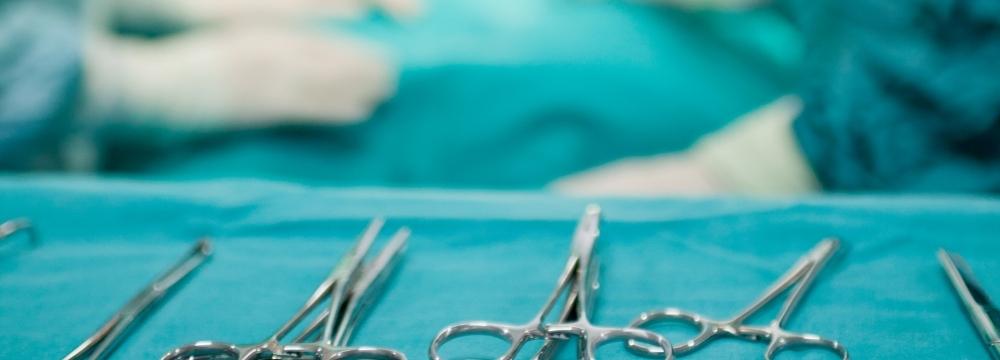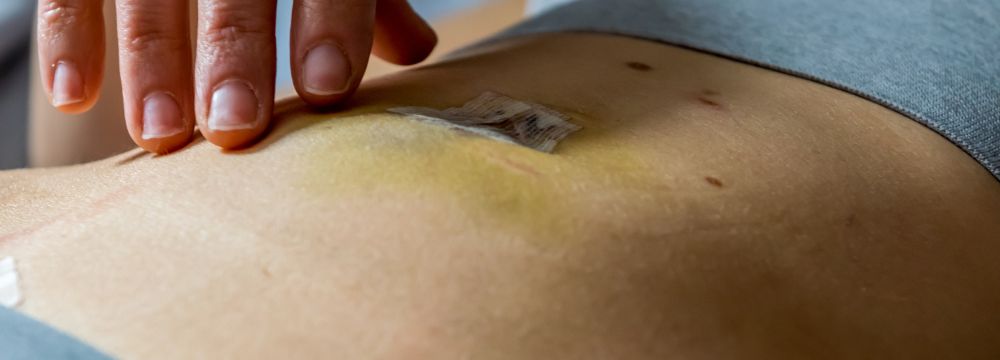Hernia
Hernia surgeries come in various flavors, but all share a common trait: a defect in the abdomen’s strong, supportive layer of tissue known as the fascia. The fascia works to essentially keep abdominal contents in place, so when it is perforated (for example, due to wear and tear or surgery), abdominal contents begin to push through. Unlike bones and muscle, the fascia cannot repair itself, so surgery is the only definitive treatment option for a hernia
Unfortunately, while you may hear otherwise on the Internet, there is no proven method for fixing a hernia without surgical intervention. Hernia belts, exercises, and time will not fix the problem and may even cause the hernia to worsen more quickly.
Once you’ve had hernia surgery, though, what are the common pitfalls that cause complications after surgery?
Lifting Too Early.
After your hernia surgery, you must take it easy for several weeks. Very easy. Why? There are only two ways of repairing a hernia with mesh (more common) or with sutures. And both methods can be undone by adding unnecessary abdominal pressure before the repair has been fully integrated. You may be asked to hold back for six weeks or even eight. Follow these directions to avoid a recurrent hernia. It can be hard, we understand, but there’s plenty you can do before you start rearranging your house with all that pent-up energy!
Not Caring for Your Health.
If you use the analogy of a house, the fascia of the abdomen is your roof. In other words, if the roof is in bad shape in one area, there are likely issues elsewhere. This does not necessarily mean you will spring a link (or get another hernia in this case) but removing some of the stressors can help keep the fascia intact for longer. This means quitting smoking if you haven’t already. It also means losing some weight to minimize intra-abdominal pressure (how much pressure that extra fat places on the abdominal wall).
Using Proper Form.
You won’t want to stop exercising after you’ve recovered, but you’ll want to exercise properly. Whatever you do, and especially as it relates to strength training, do it with proper form. Improper exercise can put additional strain on the abdomen and cause a recurrence or a hernia elsewhere.
Getting to a Hernia Early.
Granted, this is not a consideration for after surgery but most certainly something patients need to understand about hernias. First, the longer you leave it, the worse it will get – guaranteed. Hernias may or may not need treatment immediately, but they will expand and become more challenging to repair over time. Of course, we factor in surgical risk when deciding if a procedure is right for you, but ideally, everyone with low surgical risk would take action at the first sign of the hernia. It’s also important to remember that if the hernia is allowed to progress and becomes painful, you’re also more likely to have pain after surgery also.
Take Care of Yourself!
Despite being an outpatient procedure that’s relatively straightforward from a surgical standpoint, hernia surgery is significant and needs to be respected. Surgery is very traumatic to your body, whether you experience some discomfort or not much at all. Further, plenty is going on in your abdomen as your body tries to incorporate the mesh repair. Follow your post-op instructions. It’s a minor inconvenience that may make a huge difference in your recovery!
If you think you may have a hernia, schedule a consultation and visit our office to see if a surgical repair may be right for you.











